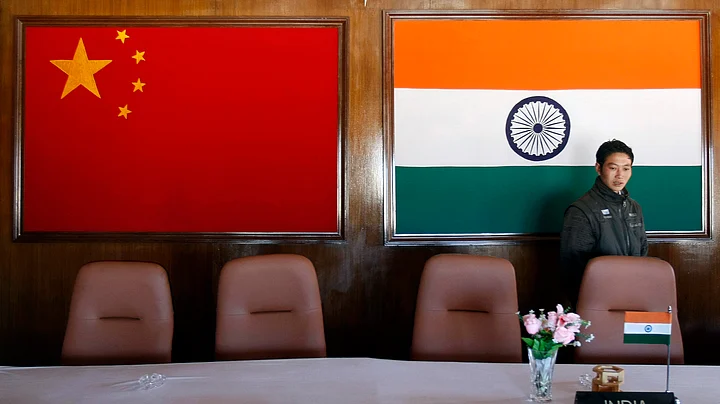A confident India suffered a huge blow this week when China maintained its stiff opposition to the country joining the Nuclear Suppliers Group – or simply NSG.
The bloc met this week in Seoul, but China said it would not bend the rules and allow India membership as it had not signed the nuclear Non-Proliferation Treaty, the main global arms control pact.
India, however, had seen itself get very close to entering the elite club, with Prime Minister Narendra Modi brokering deals with US officials. Newspapers had run daily front-page stories heralding progress on the nuclear front after US President Barack Obama came out in support, which led other nations, including Mexico and Switzerland, to suggest they, too, were on board, said Reuters.
But, even as India is far from fulfilling its dream right now, the big question is does an entry into the NSG club really matter? Not really, say experts.
‘A Matter of Pride, Desire To Be Taken Seriously’
The Associated Press spoke to a few analysts who said NSG’s entry wouldn’t make any difference from a technical standpoint.
India has already managed to secure access to nuclear fuel and technology to build power plants it says it needs to boost energy capacity and drive economic growth for the nation of 1.25 billion people. Analysts say joining the NSG is chiefly a matter of pride and desire to be taken seriously by some of the world’s most powerful nations.
Since prompting international technology sanctions and limits on exports by conducting nuclear tests in 1998, India has been eager to gain legitimacy as a nuclear power.
In practical terms, there is nothing extra that the NSG will give India other than a seat at the nuclear high table.Rakesh Sood, a retired diplomat
India already has deals with more than eight countries for supplies of uranium, and has signed agreements for reactors with France, Russia and the US. This week’s reported nuclear breakthroughs were seen as a major point of progress for Modi, who has placed new urgency on India’s nuclear ambitions with the aim of vastly expanding atomic power to account for about half of the country’s total electricity supply by 2050.
‘Modi Wants NSG Entry While Obama is in Office’
Analysts said Modi is anxious to secure NSG membership while Obama is still in office, after years of receiving support from his administration.
It’s a matter of timing. A crescendo is building up. Now is the time to clinch it. Tactically and strategically, it’s time for India to be on the side of those who control technology.Sheel Kant Sharma, a former Indian ambassador to Vienna, Austria
India continues to refuse to sign the nonproliferation treaty, arguing that it is discriminatory since it defines nuclear weapon states as those that tested nuclear devices before January 1967 — which would disqualify India from ever becoming a member. Nevertheless, Obama called on governments participating in the NSG to support India’s application to the group.
(With agency inputs)
